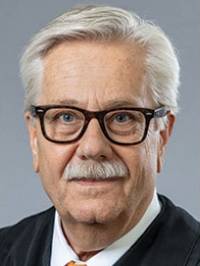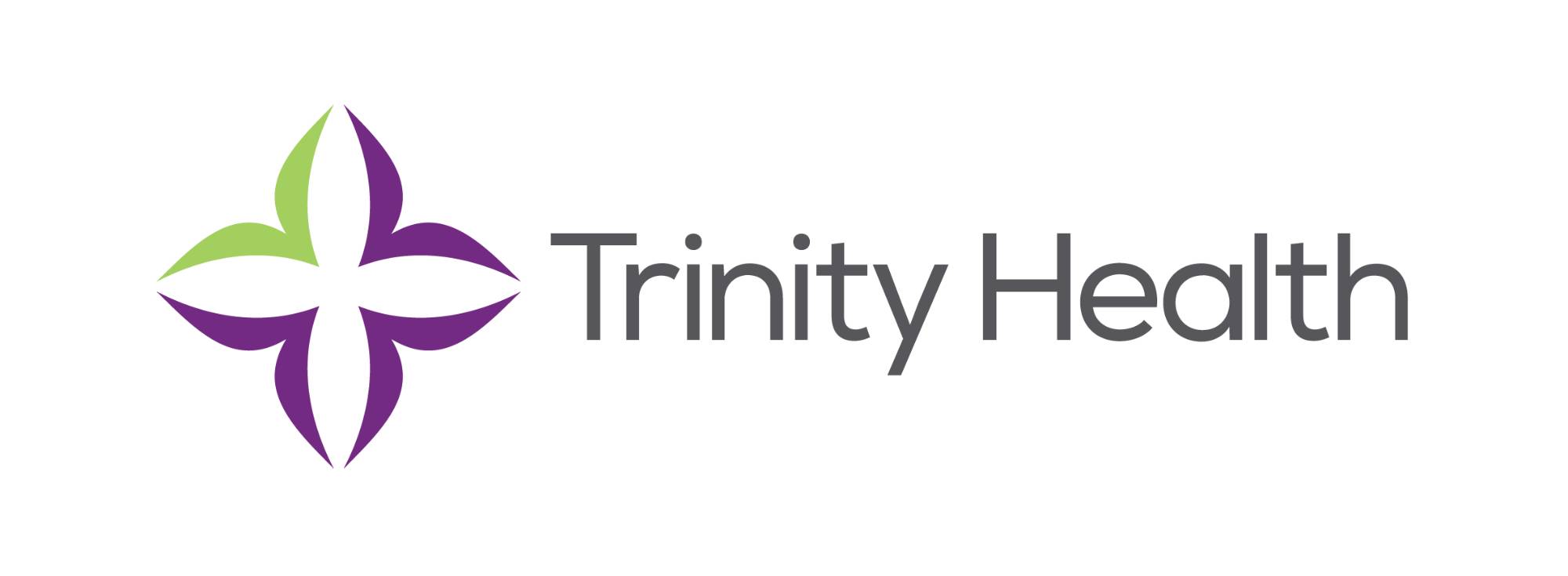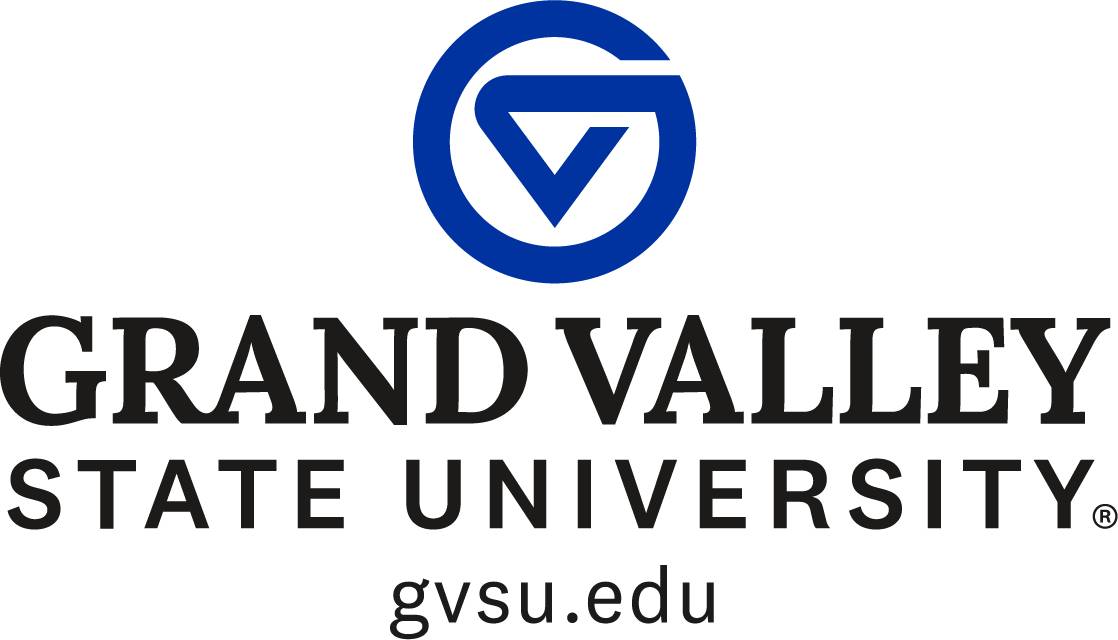The DeVos Medical Ethics Colloquy is a biannual event showcasing health care leaders on the cutting edge of medical ethics. The Colloquy is Co-hosted by the Kirkhof College of Nursing and the Philosophy Department.
Upcoming Colloquy
Ethics in Determining Decision Making Capacity
Monday, March 23, 2026 | 5:30 - 8 pm ET
Loosemore Auditorium at the Richard M. DeVos Center, 401 Fulton St W, Grand Rapids, MI 49504
Colloquy description and registration coming soon!
The presenting speakers includes:

Scott Y.H. Kim, MD, PhD
Senior Investigator, Department of Bioethics, National Institutes of Health
HealthCommons, LLC & University of Kansas Medical Center Affiliate

Ben Schwan, PhD
Asst. Professor of Bioethics, Case Western Reserve University; Sr. Clinical Ethicist, Center for Biomedical Ethics, MetroHealth

With Moderator:
The Hon. David M. Murkowski
Probate Judge, Kent County Probate Court
Registration Coming Soon
Thank you to our major sponsors!
The DeVos Medical Ethics Colloquy is a biannual event showcasing health care leaders on the cutting edge of medical ethics. The Colloquy is Co-hosted by the Kirkhof College of Nursing and the Philosophy Department.
Questions?
Contact us at k[email protected].




